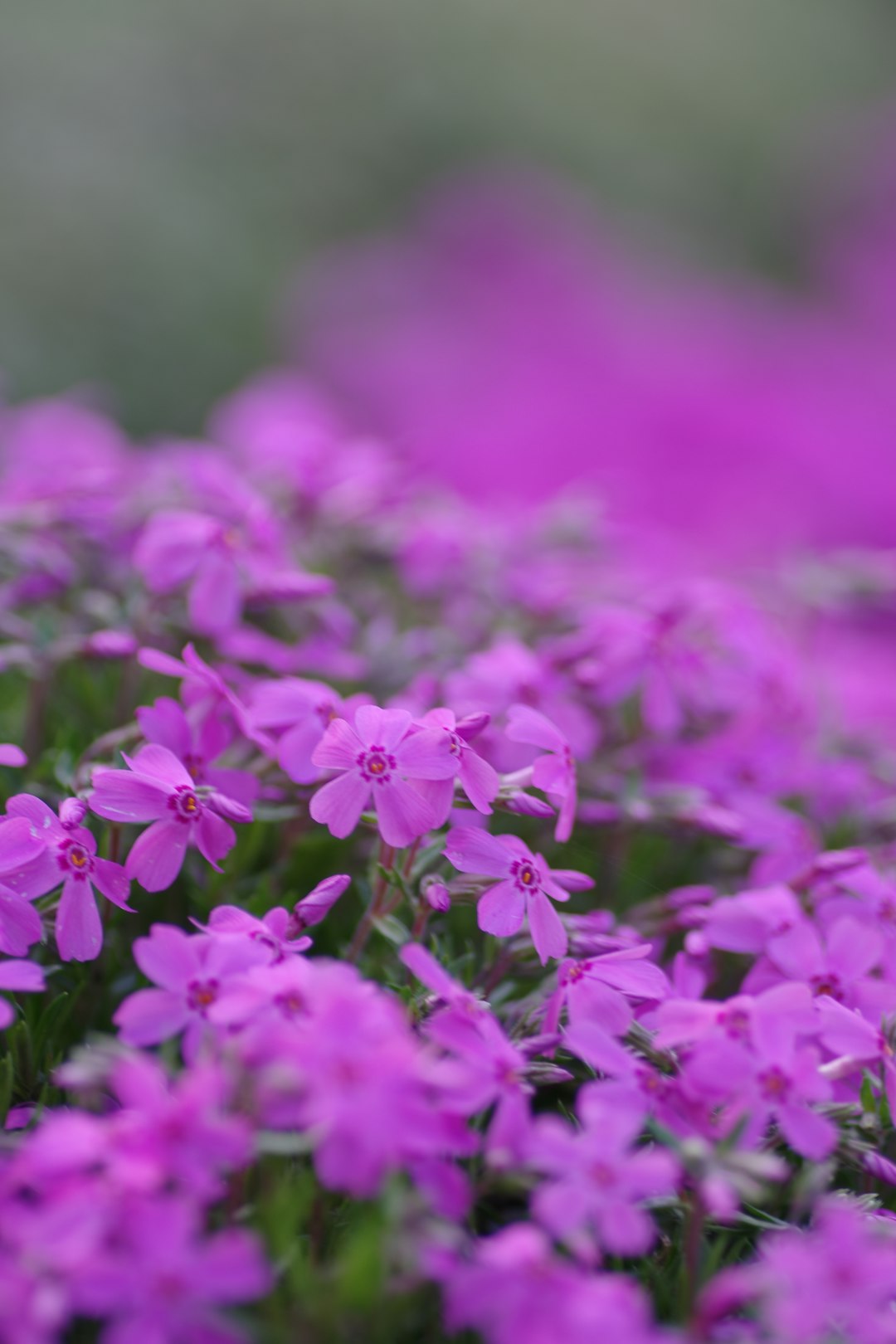Unveiling the Secrets to Defeating Cutworms in Your Garden

When it comes to gardening, one of the most frustrating issues that many gardeners face is dealing with cutworms. These pesky little creatures can cause significant damage to young seedlings and transplants, leaving your garden looking less than its best. But fear not! With a few easy - to - follow organic pest control tips, you can get rid of cutworms and protect your precious plants.
First, let's understand what cutworms are. Cutworms are the larvae of several species of moths. They are usually gray, brown, or black in color and have a soft, plump body. These nocturnal pests hide in the soil during the day and come out at night to feed on the stems of young plants, often cutting them off at the base. This can lead to the death of the seedlings and a setback for your gardening efforts.
One of the simplest and most effective ways to prevent cutworm damage is through physical barriers. You can create collars for your young plants using materials like cardboard, toilet paper rolls, or aluminum foil. Cut the material into strips and wrap them around the base of the seedlings, burying them about an inch into the soil. This will prevent the cutworms from reaching the stems of the plants and doing their damage. Make sure the collars fit snugly around the plants but are not too tight to restrict growth.
Another organic method is to use beneficial nematodes. These microscopic worms are natural predators of cutworms. You can purchase beneficial nematodes at your local garden center or online. Mix them with water according to the package instructions and apply the solution to the soil around your plants. The nematodes will seek out the cutworms and infect them with bacteria, ultimately killing the pests. This is a safe and environmentally friendly way to control cutworm populations.
Companion planting is also a great strategy. Certain plants can repel cutworms or attract their natural predators. For example, marigolds are known to have a strong scent that cutworms dislike. Plant marigolds around the perimeter of your garden or near your vulnerable seedlings. Additionally, plants like dill, fennel, and yarrow can attract beneficial insects such as wasps and ladybugs, which feed on cutworms and their eggs.
Maintaining a clean garden is crucial in the fight against cutworms. Remove any debris, such as fallen leaves and weeds, from your garden regularly. Cutworms like to hide in these areas during the day, so eliminating their hiding places will make it easier to spot and control them. Also, till the soil in your garden in the fall and spring. This will expose the cutworm larvae to the elements and their natural predators, reducing their numbers.
Handpicking can be a labor - intensive but effective method, especially if you have a small garden. Go out to your garden at night with a flashlight and look for cutworms on the stems of your plants or on the soil surface. Pick them off and drop them into a bucket of soapy water. This will kill the cutworms quickly. Although it may take some time, it can significantly reduce the cutworm population in your garden.
Using diatomaceous earth is another option. Diatomaceous earth is a fine powder made from the fossilized remains of diatoms. When cutworms come into contact with it, the sharp edges of the powder cut through their exoskeleton, causing them to dehydrate and die. Sprinkle a thin layer of diatomaceous earth around the base of your plants, but be careful not to inhale the powder as it can be harmful to your lungs. Reapply after rain or heavy watering.
In conclusion, getting rid of cutworms in your garden doesn't have to be a difficult task. By using these organic pest control tips, you can protect your young seedlings and transplants and ensure a healthy and thriving garden. Remember, a combination of these methods is often the most effective approach. So, roll up your sleeves, get out into the garden, and take back control from those pesky cutworms!